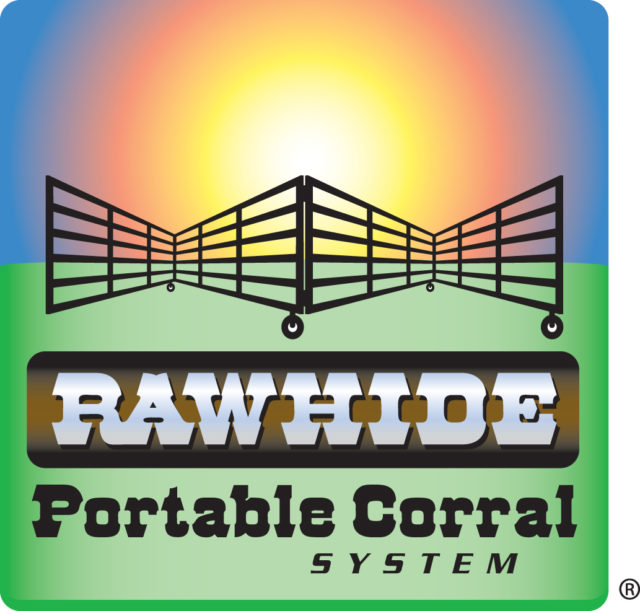What’s most puzzling about this demographic shift is how a product such as beef, which food consumers love and continue to buy, is so misunderstood from a production standpoint.
From feed to vaccinations and processing to finishing and finally slaughter, the life cycle of our livestock remains a mystery to millions of consumers. And in a 21st century culture that values quick information before thorough research, a consumer will be constantly tempted to believe the most negative information about agriculture.
But market research, including that done by the Beef Checkoff, proves repeatedly that consumers feel stronger about the food product they consume when they know the producer’s story. Today’s customer is also more concerned about animal welfare than ever before.
Which is why from the standpoint of proper animal husbandry, nothing shows the true dedication and concern of the cattleman quite like calving season.
It’s hard to think of a profession that requires the around-the-clock vigilance of an expectant parent, a thick skin to weather the elements, and most importantly, a proven hand to help livestock in moments of duress. But those traits are just the prerequisites for a cow-calf or seedstock operator keeping an eye out for the new arrivals to the herd.
It has always struck me as absurd when the environmentalist or animal rights activist shouts some hollow logic that agricultural industries show a blatant disregard for the animals they raise.
Quality beef, however, can only be the product of quality livestock, bred with the finest genetics, efficient and humane cattle husbandry and a deeper appreciation for man’s reliance upon livestock.
Nothing is sustainable in beef production – or any professional endeavor – unless we make our work progressively better, not just economically, but ethically as well. To the cattle producer who lives and thrives according to the growth and health of his herd, the ability to survive depends largely upon how well the livestock live.
Always has been, and always will be. I don’t know about you, but animal welfare issues – especially in beef production – shouldn’t be decided by people who never have spent long hours in the calving barn.
Those are just a few reasons why cattlemen and cattlewomen must own the animal-handling debate. The passion that drives their success should also spark the ability to defend it.
This month’s issue of Progressive Cattleman shares stories from producers who consistently prove the start of a calf’s life cycle can be a healthy one. Kindra Gordon’s interview with calving producers has mined valuable suggestions to give calves the right start.
Starting even earlier in the process are the producers utilizing keys to superior genetics, to make calving periods efficient and easier for the herd. Several features in this month’s issue – including two profiles from Cliff Mitchell and Joann Pipkin – highlight how genetic synchronization tools are making life easier for producers and their livestock.
Odds are you have a story that’s worth telling about success and proper animal welfare. If so, do us all a favor and be sure to share it. Go to www.progressivecattle.com, share a comment on these stories and others, or go to our Facebook page and spread the word of what good is happening in beef production.
It’s time those who know their livestock best told the world how much they value their herd. ![]()
 |
|
|
David Cooper |








